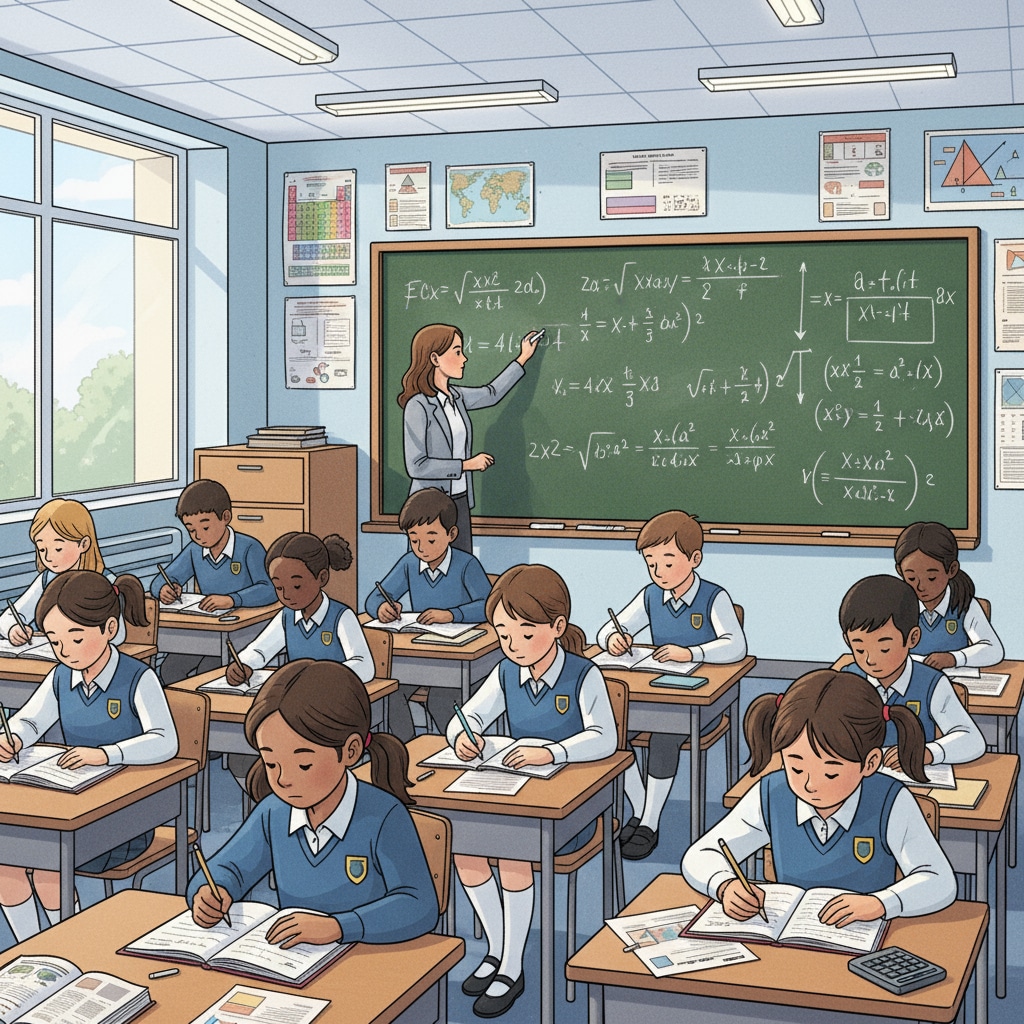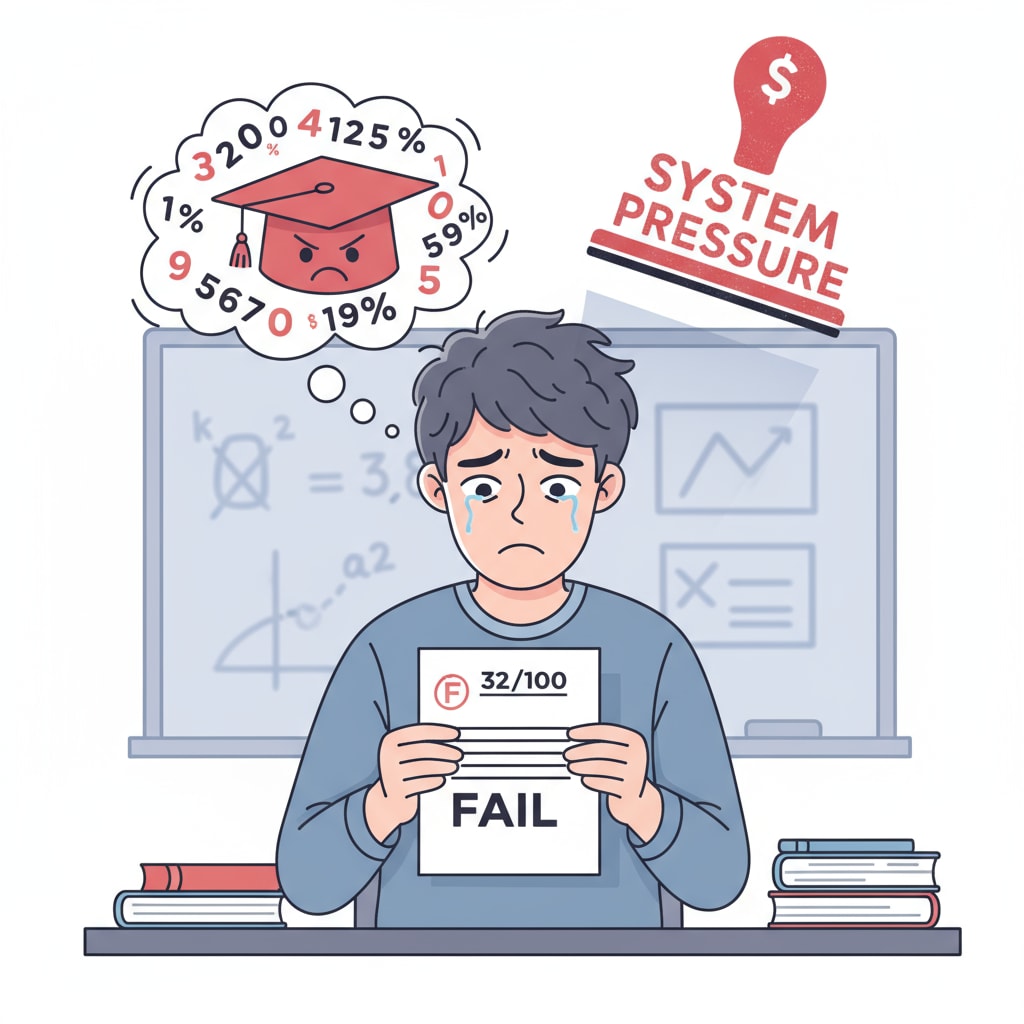In the realm of education, the issues of school education, practicality, and the grading system have long been subjects of intense discussion. The current K12 education system often finds itself in a situation where the content taught seems to have a significant disconnection from real-life practicality. This dissonance has far-reaching implications for students’ development and their preparedness for the future.

The Overemphasis on Grades
One of the most prominent problems in the current education system is the overemphasis on grades. The grading system has become the primary yardstick for measuring students’ achievements. As a result, students are often pressured to focus on rote memorization and test-taking skills to obtain high scores. For example, in many math classes, students are drilled on solving a specific set of problems in a particular way to perform well on exams. This approach, as Education reform on Wikipedia points out, neglects the development of practical mathematical thinking and problem-solving abilities that are essential in real life. Students may be able to ace their math tests but struggle when faced with real-world math problems, such as calculating mortgage payments or analyzing data in a business setting.

The Neglect of Practical Skills
Alongside the overemphasis on grades is the neglect of practical skills. School curricula are often filled with theoretical knowledge, leaving little room for hands-on learning and the development of practical skills. For instance, in science classes, students may study complex scientific theories but have limited opportunities to conduct experiments and apply these theories in real situations. According to Education on Britannica, practical skills like coding, financial literacy, and communication skills, which are highly relevant in the modern workplace, are not adequately incorporated into the curriculum. This lack of practical training leaves students ill-prepared for the challenges of the real world.
To address these issues, it is crucial to reconstruct the education content and evaluation system. Education should be centered around developing students’ practical abilities and preparing them for the future. This may involve integrating real-life projects into the curriculum, providing more opportunities for internships and hands-on learning, and reforming the grading system to assess a broader range of skills and competencies. By doing so, we can ensure that students are equipped with the necessary skills and knowledge to thrive in the real world.
Readability guidance: The above content uses short paragraphs to clearly present the problems and solutions. Each H2 section provides a list of issues and examples. The passive语态 is kept to a minimum, and transition words like ‘for example’ and ‘alongside’ are used to enhance the flow of the text.


